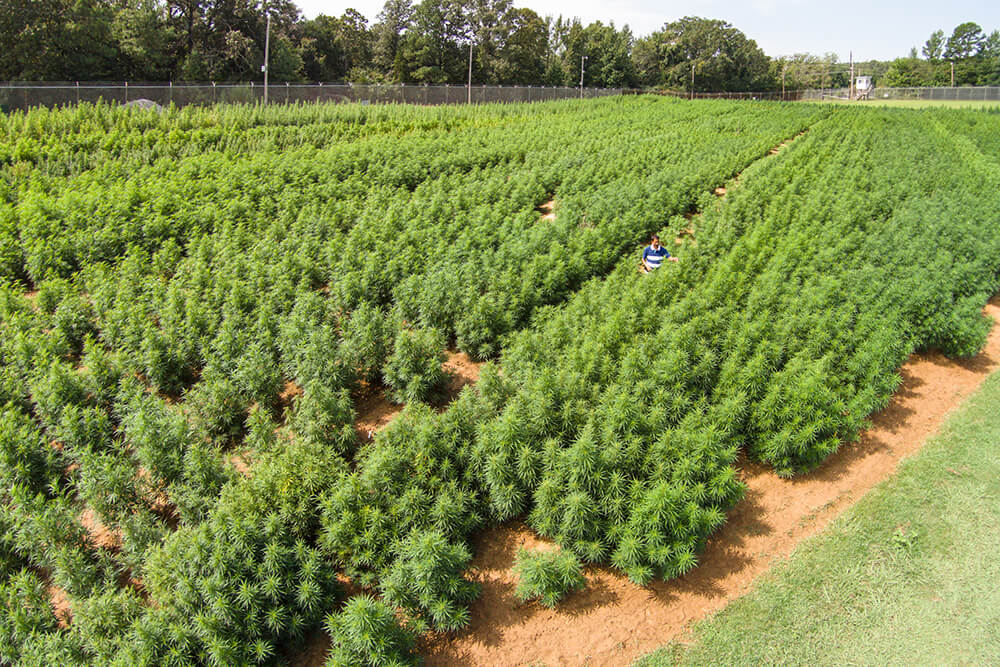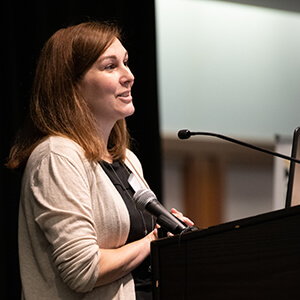Pharmacy schools are beginning to offer programs to study medical marijuana as its use expands across the country.
By Joseph A. Cantlupe
Ninety years ago, marijuana was widely known as the “evil weed,” prompting the 1936 propaganda film “Reefer Madness” about its dangers. In the ensuing decades, study after study gradually backed off the hyperbole about marijuana, though it is still under a spotlight of continued research. In today’s world, marijuana is sometimes used to treat what ails us. Pharmacy is keeping pace as medical marijuana goes mainstream.
Pharmacy schools are offering programs to study medical marijuana not only for student pharmacists but others seeking to learn more about it for myriad reasons, including regulatory or business purposes as well as for improved patient care. As the industry expands, more colleges are adding cannabis or marijuana courses to their portfolio. Medical marijuana is gaining traction in America with more states legalizing its use and more dispensaries opening across the country. Some educators point to the increasing need for medical professionals—including physicians, nurses and pharmacists—to properly advise patients about medical marijuana.
At last count, 33 states as well as the District of Columbia, Guam and Puerto Rico have legalized medical marijuana. Three states are already requiring that pharmacists be part of the dispensing process, according to the National Community Pharmacists Association. For instance, New York State requires a pharmacist to be on the premises and supervising the activities within a marijuana dispensing facility.
The legalization movement is expected to broaden to more states. “The number is only expected to increase in the future, fueling a demand for an educated workforce that is well-trained in both the science and therapeutic effects associated with this medicinal plant,” said Dr. Natalie D. Eddington, dean and professor at the University of Maryland School of Pharmacy.
A 2019 study from the University of Pittsburgh School of Pharmacy found that 62 percent of U.S. pharmacy schools surveyed incorporated medical cannabis into their doctor of pharmacy programs and another 23 percent planned to include courses in their programs in the next 12 months.
New Horizon
The University of Maryland School of Pharmacy has launched a new master of science in medical cannabis science and therapeutics, one of the first in the country to do so. The two-year program is designed for an array of healthcare professionals, scientists, regulators, dispensary owners and staff and anyone interested in the field. The program was developed “because of a knowledge gap (in medical cannabis), particularly for healthcare professionals,” said Dr. Leah Sera, assistant professor in the Department of Pharmacy Practice and Science, director of the school’s new master’s program and a clinical pharmacist.
University of the Sciences in Philadelphia has launched a medical cannabis MBA program, specifically targeting the business of cannabis, said Dr. Andrew Peterson, John Wyeth Dean Emeritus and professor of clinical pharmacy and health policy at USciences. Peterson said that the “combination of healthcare, pharmaceutical and cannabis business knowledge and expertise will be incredibly valuable as graduates move forward in their careers.” The USciences courses are provided through the business department in conjunction with the Substance Disorders Institute at USciences and include partnerships with Philadelphia-area cannabis organizations, Peterson said.
While pharmacy schools are beginning to tap into coursework for medical marijuana, the University of Mississippi School of Pharmacy has been involved in researching the plant for more than 50 years. A 12-acre farm run by the university has been the sole domestic source of cannabis for government-funded and approved research. Through the National Institute on Drug Abuse (NIDA), the University of Mississippi provides marijuana to researchers across the U.S. under NIDA’s Drug Supply Program. After an open competition among institutions around the country, the University of Mississippi won the first contract in spring 1968 to be the government’s provider for marijuana for research purposes.
“During our 50 years of cannabis research we have been involved in a multitude of projects involving the botanical and chemical properties of the plant as well as ongoing development of candidates for new cannabis-based drugs and novel drug delivery systems,” said Don Stanford, assistant director, Research Institute of Pharmaceutical Sciences, which is part of the school of pharmacy. After some legal challenges, the government has now opened the door for more than 30 other organizations to grow cannabis for research, although the process has yet to begin, officials said.
A Complicated Substance
While medical marijuana presents many possibilities, the plant itself is extremely controversial with questions over its legality, overall addictiveness and effectiveness. Marijuana use is legal in some states but it’s still illegal from the federal government’s perspective. About 85 percent of Americans support legalizing medical marijuana.
Because the marijuana plant contains chemicals that scientists say could help a range of illnesses and symptoms, many people argue it should be legal for medical purposes. The major thrust of medical marijuana has been for pain control. Chronic pain impacts millions of Americans.
Marijuana has more than 100 active components. THC, which stands for tetrahyrocannabiniol, is the chemical that ignites the “high” that is linked to marijuana use. CBD, which stands for cannabidiol, is derived from the hemp plant, a “cousin” of the marijuana plant, according to Harvard Medical School. CBD has been used by patients for a variety of conditions, such as pain relief, or to combat anxiety or insomnia. CBD does not have intoxicating properties (although it is also present in the marijuana variety of Cannabis sativa).




